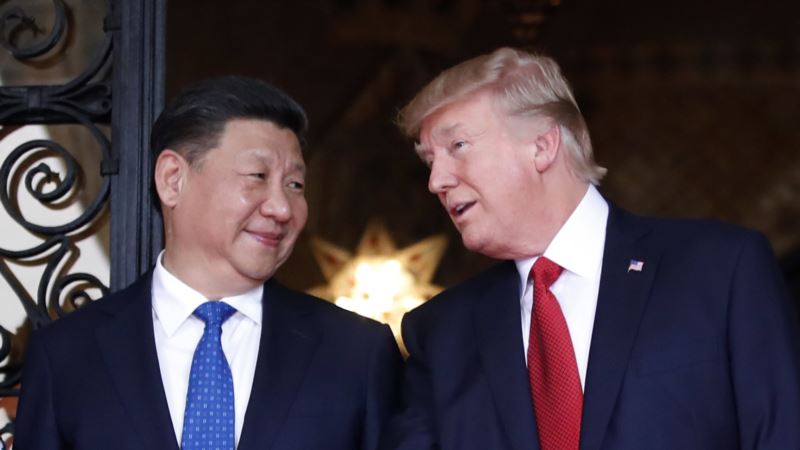US-China-Taiwan arms triangle
July 4, 2017 | Expert Insights

The United States has announced its plans for selling arms to Taiwan in a deal worth $1.42 billion.
The deal has already incurred the wrath of China. Xi Jinping, the Chinese President expressed his displeasure to the US President Donald Trump during a phone call. He reportedly said that there were “some negative factors” that were hurting the US-China relations.
Background
Taiwan is an Island, which is a highly controversial region in Asia. While Taiwan is considered a province in “Greater China,” it is largely an independent state. The ambiguity can be traced back to 1927, when the seeds were sown for a civil war between Kuomintang (KMT)-led government of the Republic of China, and the Communist Party of China (CPC). Both parties wrestled for control for China. While the civil war lasted between 1927 and 1950, the main phase is considered to be from 1945 to 1949.
The war came to an end when CCP captured Beijing. The leader of CCP, Mao Zedong, then officially declared the formation of People’s Republic of China. The leader of the opposing faction, Jiang Jieshi fled to Taiwan. It is here that he declared the formation of Republic of China (ROC). PRC has repeatedly used the threat of force to ensure Taiwan (ROC) never declared independence. As far as mainland China is considered, Taiwan is a rebel force well within China.
Despite the controversy that surrounds Taiwan, the region itself is economically robust and it is one of the biggest traders in Asia. It is a leader in the field of computer technology. And the province pursues independent informal relations with other countries.
It’s most influential friend in world politics is USA, which has supported it for years while also adhering to the “One China” policy.
US-Taiwan
Given that the PRC is a communist regime, America has traditionally supported Taiwan. By the 1970s, US realized the geopolitical need to establish relations with PRC. Under US President Jimmy Carter, diplomatic ties were formally established in 1979. As a result, the US shut down its embassy in Taiwan and severed ties with the nation. US also promised to recognize the “One China” policy.
Much of this was essentially to establish good relationship with China. In the same year, US also passed the Taiwan Relations Act. By doing so, US has been able to provide crucial support for the region. There is the American Institute in Taiwan and the US has continued selling arms to Taiwan under this act. China has always denounced this relationship between the two regions but has also not acted with force. For years, the status-quo has been maintained if only tenuously. US is the sole arms dealer for Taiwan.
Analysis
The current US President, Donald Trump, caused a disturbance to the delicate balance that had been struck when he took an official call from the President of Taiwan, Tsai Ing-wen in December 2016. At that time, he had not been sworn in but was the President-elect. China being extraordinarily sensitive to the subject of Taiwan, lodged an official complaint with the US. To deescalate, on February 2017, Trump told the Chinese president that he would after all honor the One China policy and a shaky balance was restored.
The current arms deal comes less than two years after former President Barack Obama announced a $1.83 billion sale to Taiwan. China noted its anger over the sale at that time as well.
Assessment
Our assessment is that both the US and China are quite possibly heading towards a diplomatic tussle. The US for its part has been frustrated with what it considers as China’s inaction when it comes to dealing with North Korea. According to reports, Donald Trump has warned the Chinese leader that the US is prepared to deal with North Korea’s threat directly. As North Korea has just conducted a successful test on a missile that it claims can reach anywhere in the world, its threat to the US is ever more prescient.
China for its part is also unhappy. It has also called the passing of a US warship through the disputed Island in South China sea as a “serious political and military provocation.” Given how fragile the relationship is between the current President of Taiwan and China, the latter will definitely see US’ latest action as a move to undermine its own authority.








Comments